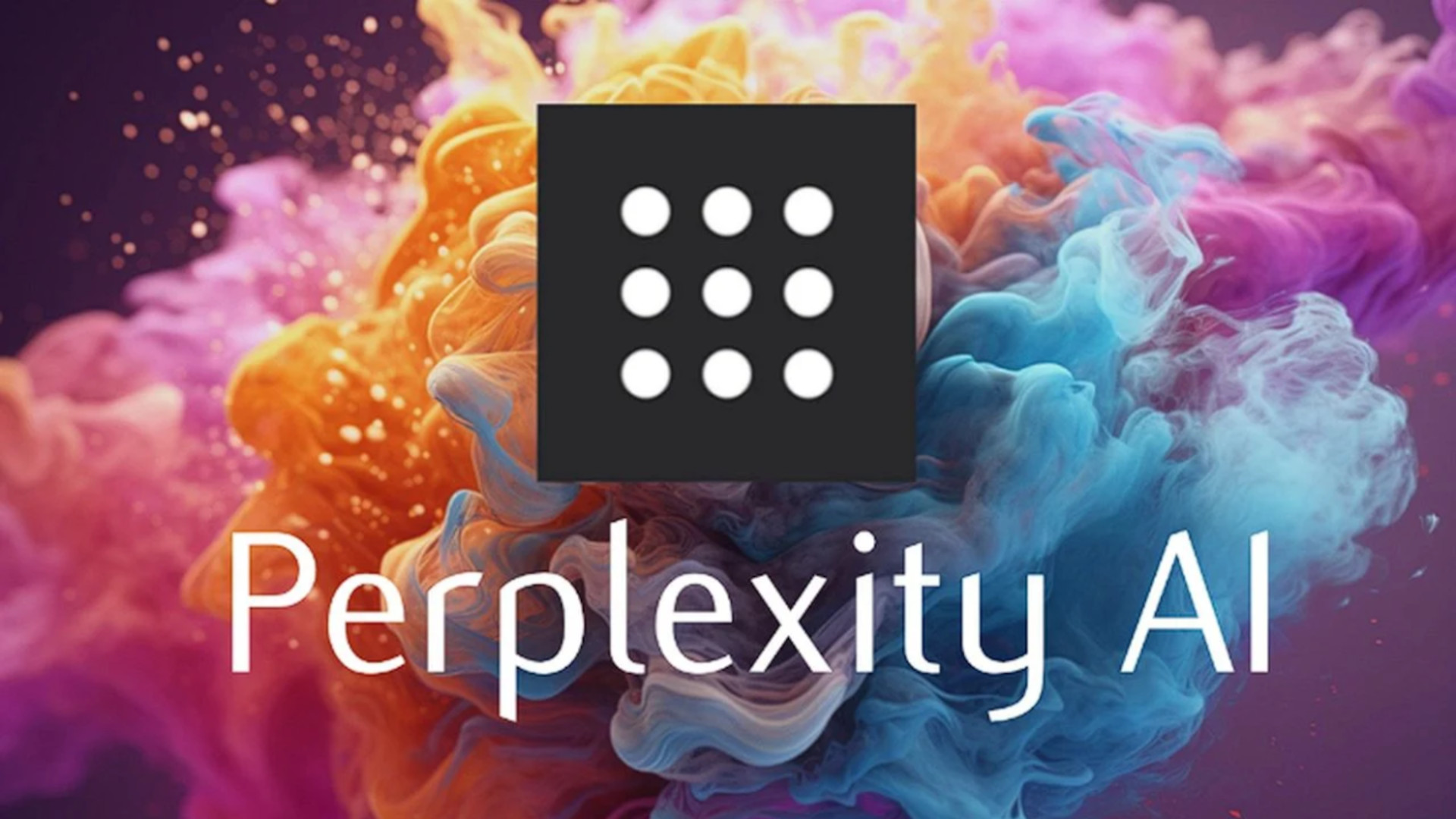 Perplexity AI: Disrupting the Search Engine Market with AI-Powered Search
Perplexity AI: Disrupting the Search Engine Market with AI-Powered Search
In the world of search engines, Google has reigned supreme for years. However, the rise of generative AI and large language models (LLMs) has introduced a potential challenger to Google’s dominance. Perplexity, an AI-powered search platform, aims to revolutionize the search experience by providing summarized answers and cited sources instead of the traditional list of web page links.
Described as “your AI-powered Swiss Army Knife for information discovery and curiosity,” Perplexity utilizes ChatGPT 3.5 and its own model to deliver results. The premium version even offers access to GPT-4, Claude 3, Mistral Large, and an Experimental Perplexity Model. While Perplexity still has a long way to go to catch up to Google’s search volume (responding to over 2 million queries per day compared to Google’s 20 seconds), it is gaining traction among users who appreciate the summarized answers and cited sources.
So, how should brands and search engine marketers approach platforms like Perplexity? Firstly, it is crucial to conduct thorough research and experiment with these tools. Running queries and analyzing the responses can provide valuable insights into how your business is represented and cited. It may also reveal new information that can be incorporated into marketing and content strategies.
Comparing search results from Google and Perplexity for queries like “best car insurance” and “car wash near me” highlights some key differences. Perplexity offers summaries with citations, removing ads from the results page. While this may improve the user experience by providing helpful information upfront, it may also make it harder for users to reach specific websites. Google Maps, on the other hand, allows users to directly access or contact businesses from search results, which requires a click away from Perplexity’s results.
One of Perplexity’s unique features is its emphasis on sources and citations. These sources provide valuable insight into the reasoning behind the answer and allow users to explore further if desired. From a search marketer’s perspective, being cited as the source of an answer can become the new organic search listing, potentially driving traffic and actions without users needing to visit a website.
Perplexity follows the conversational approach of other LLMs, allowing users to carry on a conversation with the AI. By providing context from prior questions, users can delve deeper into their research. This feature simplifies the search process and offers relevant suggestions for related queries, making it easier for users to find the information they need.
As Perplexity continues to develop its model and user interface, one critical aspect it needs to address is its revenue model. Currently, Perplexity operates on a freemium model, offering additional features for $20 per month. While this generates some revenue, Perplexity has yet to focus on commerce and conversions. However, as the platform grows and earns more revenue, it is expected that it will introduce features that drive commerce transactions, potentially moving towards an affiliate or PPC model.
The introduction of AI-powered search platforms like Perplexity may not lead to a decline in the search market but could instead generate more search volume and transactions. The key question lies in how these platforms adapt their revenue models to accommodate new features and commercial opportunities. Only time will tell what lies ahead for Perplexity and the future of AI-powered search.
